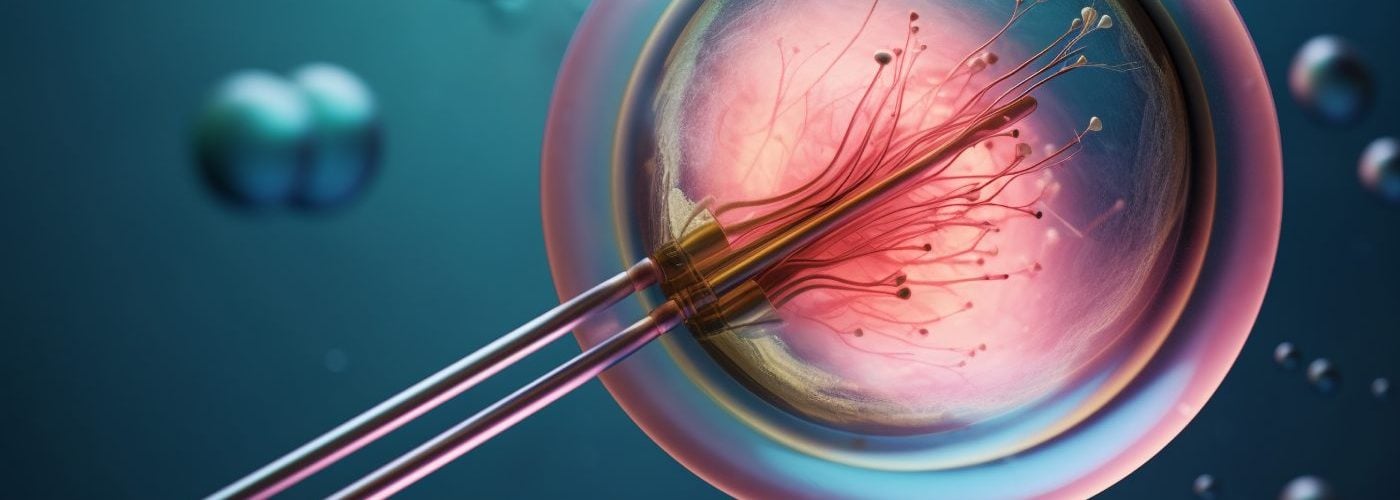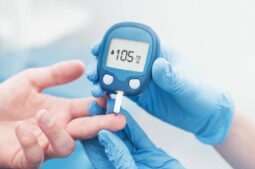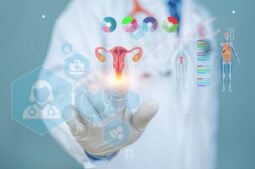
IVIRMA Global has been present once again at the ASRM conference, which took place in New Orleans from October 14 to 18. This event is a global benchmark in the field of assisted reproduction, and IVIRMA Global presented 37 studies during the conference, one of which received the Poster Prize Award. The common goal of these studies is to improve the outcomes of fertility treatments, thus helping our patients achieve their dreams.
Topics such as implantation failure, recurrent miscarriages, and assisted reproduction for transgender patients were among those discussed. In this way, we are addressing the future of a sector that must advance in step with society, always assisting patients in creating the families they desire.
The origin of implantation failure lies in the embryo in 99% of cases
The research ‘Does recurrent implantation failure exist? Prevalence and outcomes of five consecutive euploid blastocyst transfers in 123,987 patients’ has been awarded as Top Posters for ASRM 2023. This study, conducted by the recently formed IVIRMA Global Research Alliance, is based on a previous one conducted in-house. The previous study showed a 93% success rate of ongoing pregnancy after the transfer of three chromosomally normal embryos. This already pointed to the origin of implantation failure being in the embryo. Under this scenario, the researchers of this new study questioned what would happen when transferring a fourth euploid embryo, or even a fifth. This question initiated the analysis of almost 124,000 patients treated at 26 clinics across four countries. The results obtained reveal that the baby rate per transfer remains the same. Therefore, it can be concluded that when the patient’s overall evaluation is normal, the implantation failure is due to the embryo in 99% of cases.
Study on Recurrent Miscarriages
One of the studies presented at the ASRM conference focuses on the common characteristics of procedures that have led to recurrent pregnancy losses. This study involved 3,613 patients who underwent two transfers of one single embryo.
One of the conclusions was that biochemical and clinical miscarriages after two embryo transfers were rare, which is good news for patients who have experienced repeated losses.
Tools for Predicting Implantation Outcomes
Another significant advancement are the results of a pilot study suggesting that shear wave elastography (SWE) in ultrasounds could be a useful tool for predicting embryo implantation outcomes. The study found a correlation between 11 SWE measurements and ongoing pregnancy at nine weeks of gestation following a single transfer of a frozen euploid embryo.
The ASRM conference has also revealed new findings regarding the use of artificial intelligence for the success of fertility treatments. Other research focuses on patients with diminished ovarian reserve or severe male factor infertility.
Transgender Reproductive Desire
As reproductive medicine progresses in pace with society, responses to the reproductive desires of transgender patients are emerging. Two of the studies presented at ASRM, led by IVI Barcelona, center on this issue. Both studies draw conclusions from data collected from all transgender patients who have consulted at any of the IVI clinics in Spain between 2010 and 2022.
One of these studies reflects the increasing desire of transgender individuals to have children. This is how these patients are described, in the words of Mireia Florensa, Director of the IVI Barcelona IVF Laboratory and co-author of the study with Dr. Marga Esbert: “These patients can be primarily described as transgender men in their thirties seeking reproductive advice. They are accompanied by cisgender partners with whom they seek assisted reproduction using donor sperm. Due to their age, most couples opt for artificial insemination, although we also find cases of ICSI cycles, egg donation, or even ROPA. In the latter, the transgender man is stimulated, and the generated embryos are transferred either to their cisgender partner or to themselves. Finally, and less frequently, both transgender men and women come to our clinics to preserve eggs or sperm.”
There are already five babies born from these fertility processes, with results similar in transgender and cisgender patients. “Transgender men show a good response to ovarian stimulation, even after exposure to testosterone, having discontinued that treatment a few months before starting stimulation,” notes Mireia Florensa.
This also means that these patients can preserve their fertility through the freezing of eggs or embryos, enabling them to become parents in the future using their own gametes.





Comments are closed here.